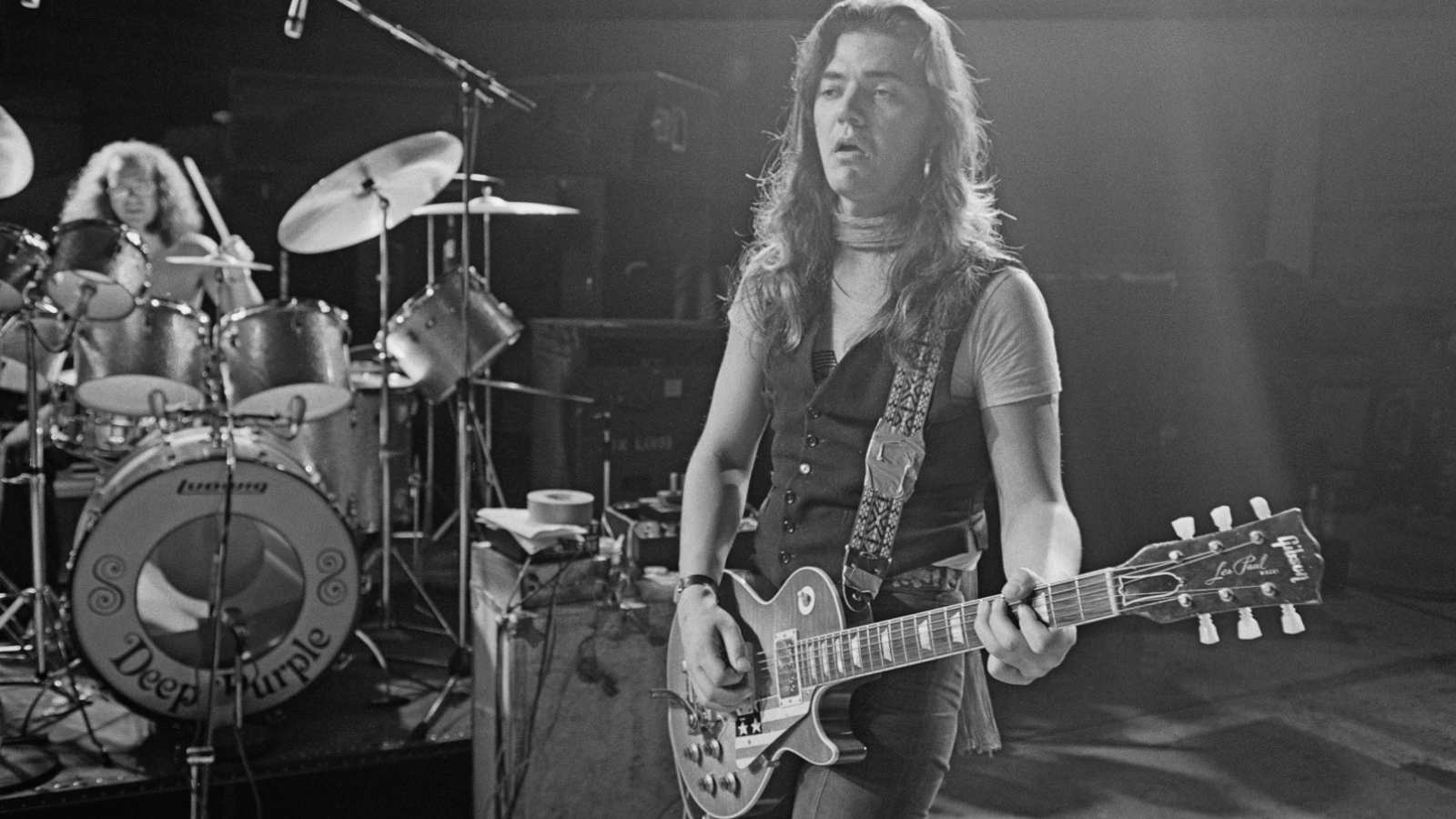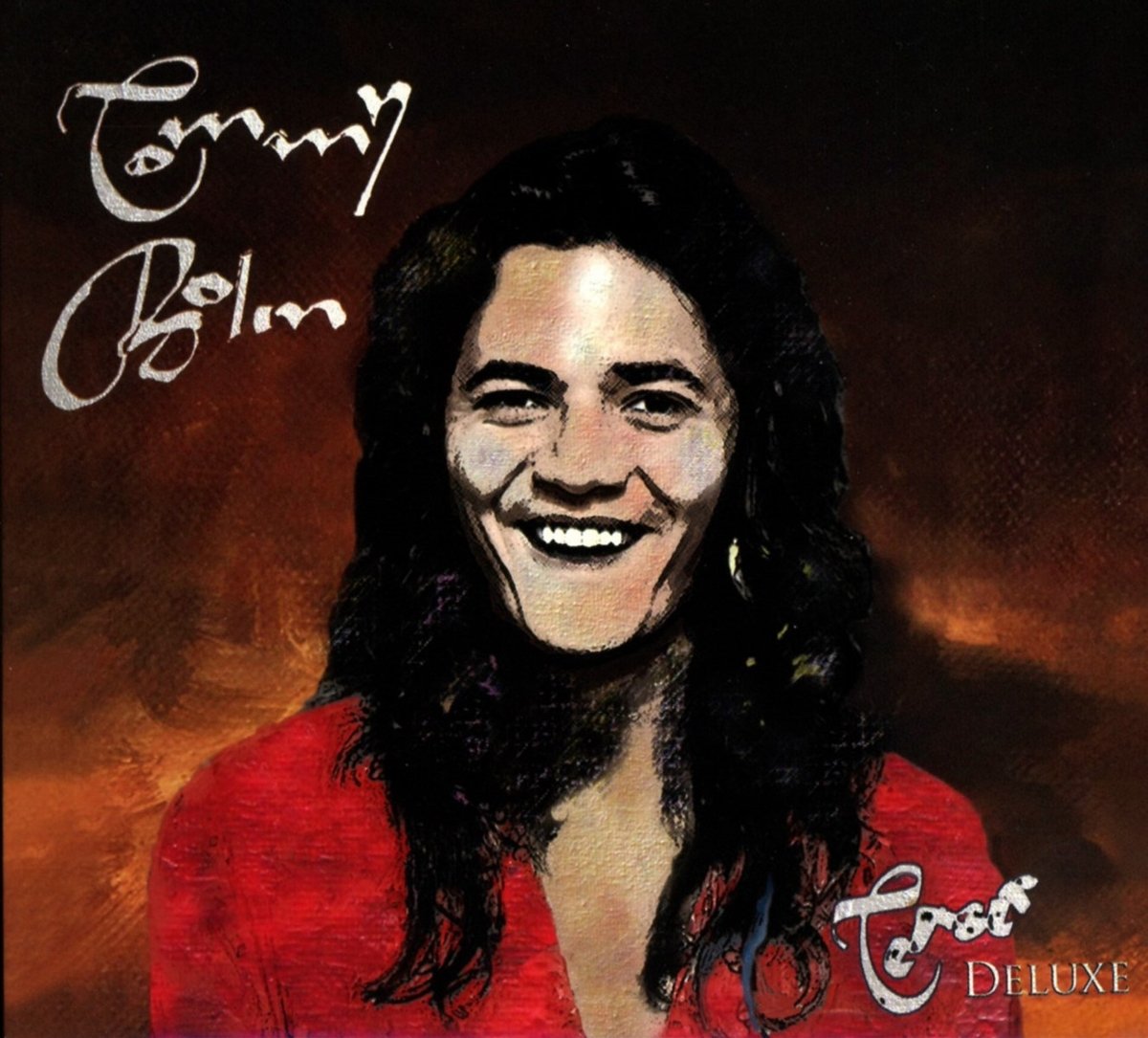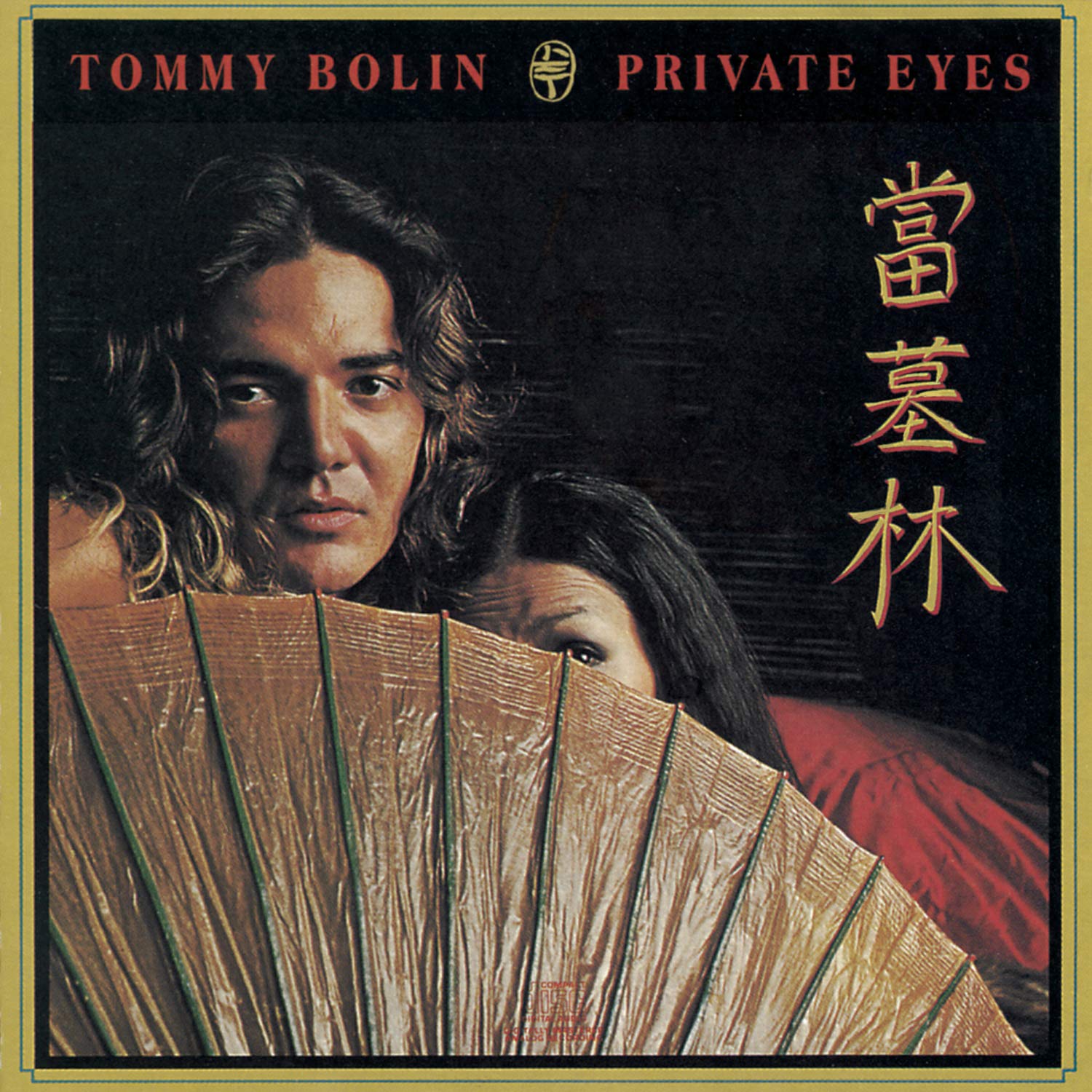“You Don't Have to Blow Your Cookies in the First Bar”: Tommy Bolin on the Art of Guitar Solos
The late, great guitarist talks playing with Albert King and replacing Deep Purple’s Ritchie Blackmore in this archive interview.

Almost as disturbing as Tommy Bolin’s death itself (on December 4, 1976) was the fact that the 25-year-old musician's fatal drug overdose occurred just when he was emerging as a noted guitarist in progressive rock and jazz-rock circles.
After being summoned to fill the shoes of first Joe Walsh in James Gang and later Ritchie Blackmore in Deep Purple, Bolin could have easily been saddled with the title of 'best replacement guitarist.'
But his less publicized musical history reveals a journeyman musician whose versatility was matched by a restlessness to work and learn, the end result crystallizing into Bolin's own electric guitar style.
Born in Sioux City, Iowa, Bolin dropped out of high school at sixteen, and migrated to Denver where he formed a band called Zephyr in 1968.
He recorded on two of the group's three albums: their eponymous 1969 debut and 1971's Going Back to Colorado.

After serving a blues guitar apprenticeship on the road with Albert King for a year, he made his way to New York and its budding jazz-rock scene in 1973.
His reputation had expanded to the point where Billy Cobham picked him for the session work on Spectrum, the drummer's noted solo debut that Jeff Beck often credits as a major influence in sparking his jazz pursuits.
All the latest guitar news, interviews, lessons, reviews, deals and more, direct to your inbox!
Months later, Joe Walsh recommended Tommy for the lead slot in James Gang. He appeared on two of the group's albums in the one year he was with the band: Bang in 1973 and Miami in 1974.
In mid-summer of 1975, Bolin replaced Blackmore in Deep Purple, co-writing seven of the tunes on their Come Taste The Band LP.

Realizing perhaps that in his work with these two bands, coupled with a solo effort (Teaser), he'd written 33 songs in four albums, Bolin signed with Columbia to pursue his own career.
He had been touring with his own band following the release of his LP Private Eyes when he was found dead in a Miami hotel room.
The following interview extract was conducted on October 7, just two months before his death, and originally appeared in the March 1977 issue of Guitar Player…
What did you learn from playing behind Albert King?
I learned a lot about lead; learned that you don't have to blow your cookies in the first bar.
At that time, I was playing everything I knew when I took a lead. And he said, "Man, just say it all with one note."
He taught me that it was much harder to be simple than to be complicated during solos. If you blow your cookies in the first bar, you have nowhere to go.
You have to develop leads that go someplace
Tommy Bolin
Blues is really good that way. It teaches you to develop coherent solos, because the form you're playing over is so basic. You have to develop leads that go someplace.
The neatest compliment I ever got was when I was playing with Albert King at an indoor concert in Boulder, Colorado. He used to let me take solos, and I was very into playing that day.
After the concert he came up to me and said, " You got me today, but I'll get you tomorrow."
I really respect him. He's a beautiful player.
Why all the interest in so many styles, and how did you handle them all?
They were just gigs that came up. I'd rather work than not. I was very lucky to be able to play in all those extremes.
It was difficult following a guy like Ritchie Blackmore. When someone is the focal point of a group like he was, it's very hard to replace them. After a while, it just got to be pointless.
The way I got involved in jazz-rock was through a flute player named Jeremy Steig. He played on the second Zephyr album.
All the different styles I've played have really helped me as a guitarist
Tommy Bolin
He showed me various jazz relationships and put them into a rock perspective, and then through him I met a lot of New York people like Cobham and [keyboardist] Jan Hammer.
Cobham called me for the Spectrum session, and I said, "I don't know how to read, man." He said it was okay.
So I went to the studio, and he handed me a chart. I told him again I didn't again I didn't know how to read, so we had a day of rehearsal, then cut the album in two days.
In rehearsal I'd just find out the changes – for example, Am to D9 to G6 to E13 – and play around those chords and changes.
I learned quite a bit through those people. You can't help but learn. All the different styles I've played have really helped me as a guitarist and helped me develop my own way of playing.
I have my own style, but it's different for each kind of music. There are certain little characteristic things every player has.
Browse the Tommy Bolin catalog here.
